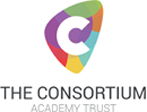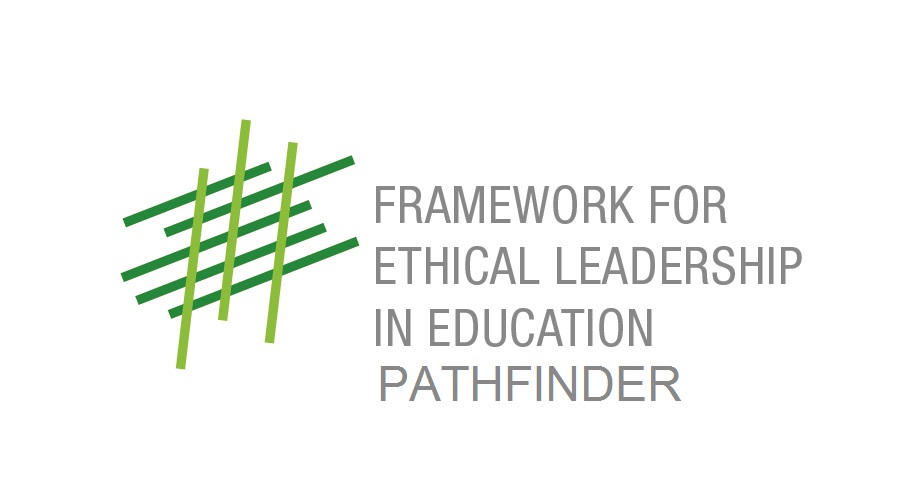Computing
Understanding the digital world through creativity and coding – a ‘bit’ at a time!
To inspire future generations of creative coders and users in order to be confident, safe and thrive in a global digital economy.
A high-quality computing education equips students to use computational thinking and creativity to understand and change the world. Computing has deep links with mathematics, science, and design and technology, and provides insights into both natural and artificial systems. The core of computing is computer science, in which students are taught the principles of information and computation, how digital systems work, and how to put this knowledge to use through programming. Building on this knowledge and understanding, students are equipped to use information technology to create programs, systems and a range of content. Computing also ensures that students become digitally literate – able to use, and express themselves and develop their ideas through, information and communication technology – at a level suitable for the future workplace and as active participants in a digital world.
The study of Computing at Wolfreton School and Sixth Form College is designed to equip students with the essential knowledge, skills, and mindset needed to thrive in an increasingly digital world. Through a well-structured curriculum, students develop computational thinking, problem-solving abilities, and creativity, enabling them to understand and shape the technology that drives modern society.
The sequencing of Computing at Wolfreton School and Sixth Form College fosters critical skills such as programming, algorithmic thinking, and data analysis, empowering students to become confident digital citizens. It also prepares them for a range of future opportunities, including careers in software development, cybersecurity, artificial intelligence, and other emerging fields. By studying Computing, students gain a deeper appreciation of how technology influences their daily lives, while also developing ethical awareness regarding data security, online safety, and responsible use of digital resources.
Additionally, Computing nurtures resilience, teamwork, and logical reasoning—skills that extend beyond the classroom and contribute to academic success across various disciplines. Students who engage with Computing at Wolfreton School and Sixth Form gain a strong foundation for innovation and problem-solving in an ever-evolving technological landscape.
KS3 Curriculum
Year |
Autumn |
Spring |
Summer |
7 |
Online Safety (E-Safety) Introduction to Computing |
Multimedia Product Python Edublocks |
Graphics Editing |
8 |
Online Safety (E-Safety) Binary Logic |
Python Programming in EduBlocks |
Understanding Computers Mobile App Development |
9 |
Online Safety (E-Safety) EasyGUI Programming |
Data and Algorithms |
Networks HTML and Cyber Security |
KS4 Curriculum
(GCSE Computer Science - Edexcel)
Year |
Autumn |
Spring |
Summer |
10 |
01P – Representation of Numbers in Binary 02P – Binary division/multiplication, 01CT – Introduction to Computer Programming 03P – Stored program concept (Von Neumann) and how computers work |
02CT – Programming Fundamentals 04P - Operating Systems, their components and functionality
|
05P – Viruses, security and social engineering 03CT – Making computer programs modular and arrays 06P Networks |
11 |
01CT – Using the turtle to control and create computer graphics 01P – Embedded Systems. IoT and Networking 02P – Environmental Issues, Low- and High-Level Languages |
02CT – Using coding techniques to handle files in Python 03P – Representation of Data and Compression
|
03CT – Searching and sorting techniques in Python Revision and exam preparation |
Homework
KS3 – set twice a half term, this ranges from research and revision tasks to Blookets, Microsoft Forms and some coding challenges. You will also have to perform guided reading using the KS3 Computing textbooks and answers questions using the textbooks which are available online.
KS4 – Students are to complete 5 daily goals a week on Tassomai plus a homework set fortnightly, a variety of revision tasks set on current and previously studied topics to embed knowledge and understanding
Extra-curricular
Coding Club – come and join our growing club which address a range of interesting coding techniques using Python. Students will have the ability to work through programming exercises, booklets and explore programming projects that interest them on a personal level – the list goes on.
Scratch Club – Learn to use the online Scratch Platform to create interesting Scratch programs, games and projects. All year 7 students welcome, no matter your skill level, or understanding!
Dungeons and Dragons Club – Come and join the Dungeons and Dragons club where you create the story and walk the path. All are welcome who have an adventurous mind and are willing to succeed no matter the cost!
Theory Club – come and join in revision for GCSE Paper 1 Computing. You will be given the opportunity to undertake Tassomai, GCSE Pod and learn about Computing theory in an interesting way. Examples include installing operating systems, Linux, creating small networks, experimenting with software. Everyone welcome, no matter your views, skill level, age, or understanding!




